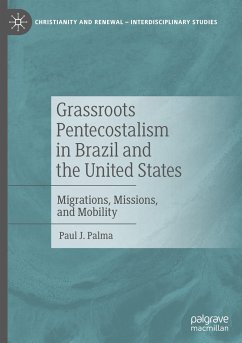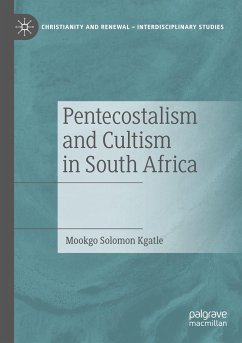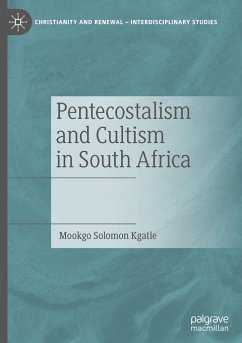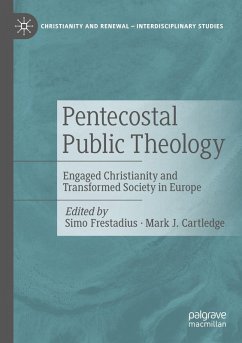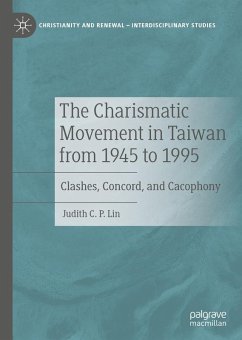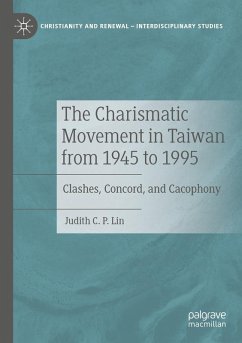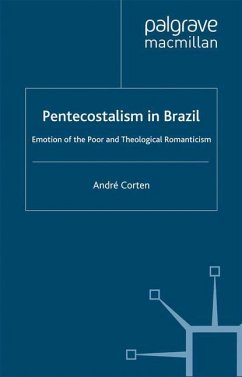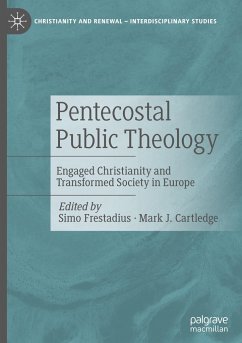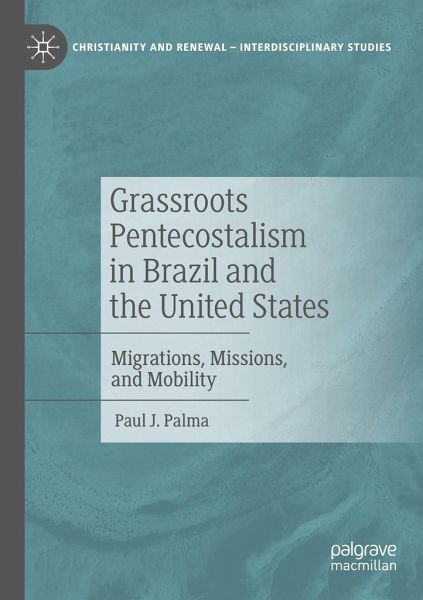
Grassroots Pentecostalism in Brazil and the United States
Migrations, Missions, and Mobility
Versandkostenfrei!
Versandfertig in 6-10 Tagen
76,99 €
inkl. MwSt.
Weitere Ausgaben:

PAYBACK Punkte
38 °P sammeln!
This book offers an historical and comparative profile of classical pentecostal movements in Brazil and the United States in view of their migratory beginnings and transnational expansion. Pentecostalism's inception in the early twentieth century, particularly in its global South permutations, was defined by its grassroots character. In contrast to the top-down, hierarchical structure typical of Western forms of Christianity, the emergence of Latin American Pentecostalism embodied stability from the bottom up-among the common people. While the rise to prominence of the Assemblies of God in Bra...
This book offers an historical and comparative profile of classical pentecostal movements in Brazil and the United States in view of their migratory beginnings and transnational expansion. Pentecostalism's inception in the early twentieth century, particularly in its global South permutations, was defined by its grassroots character. In contrast to the top-down, hierarchical structure typical of Western forms of Christianity, the emergence of Latin American Pentecostalism embodied stability from the bottom up-among the common people. While the rise to prominence of the Assemblies of God in Brazil, the Western hemisphere's largest (non-Catholic) denomination, demanded structure akin to mainline contexts, classical pentecostals such as the Christian Congregation movement cling to their grassroots identity. Comparing the migratory and missional flow of movements with similar European and US roots, this book considers the prospects for classical Brazilian pentecostals with an eyeon the problems of church growth and polity, gender, politics, and ethnic identity.





